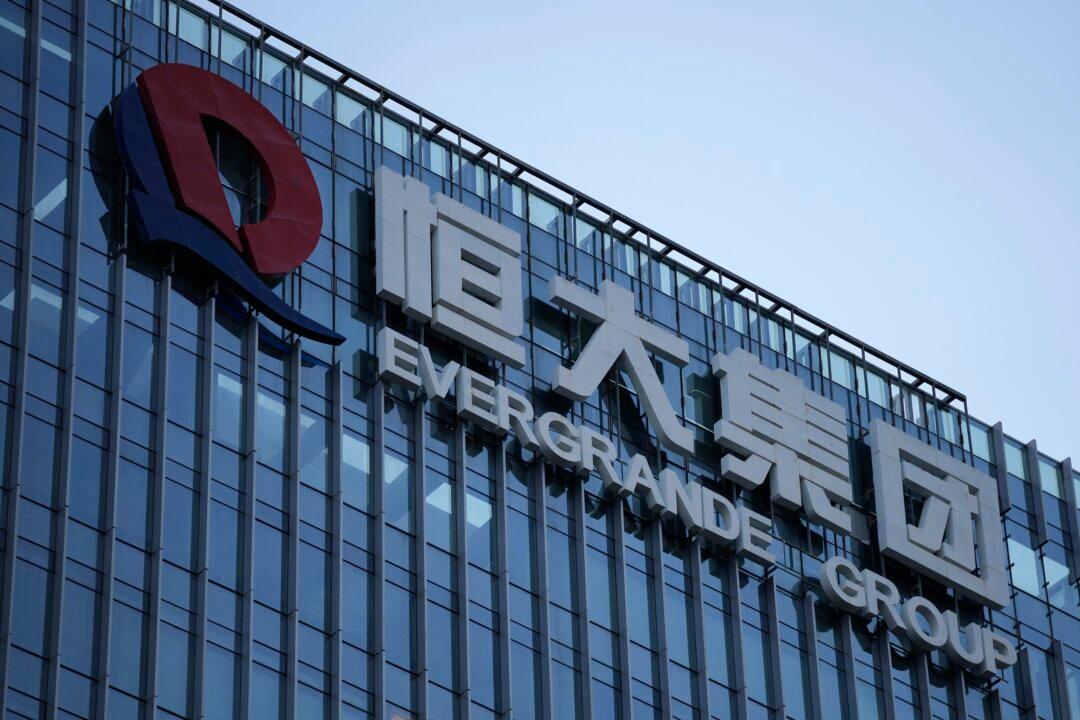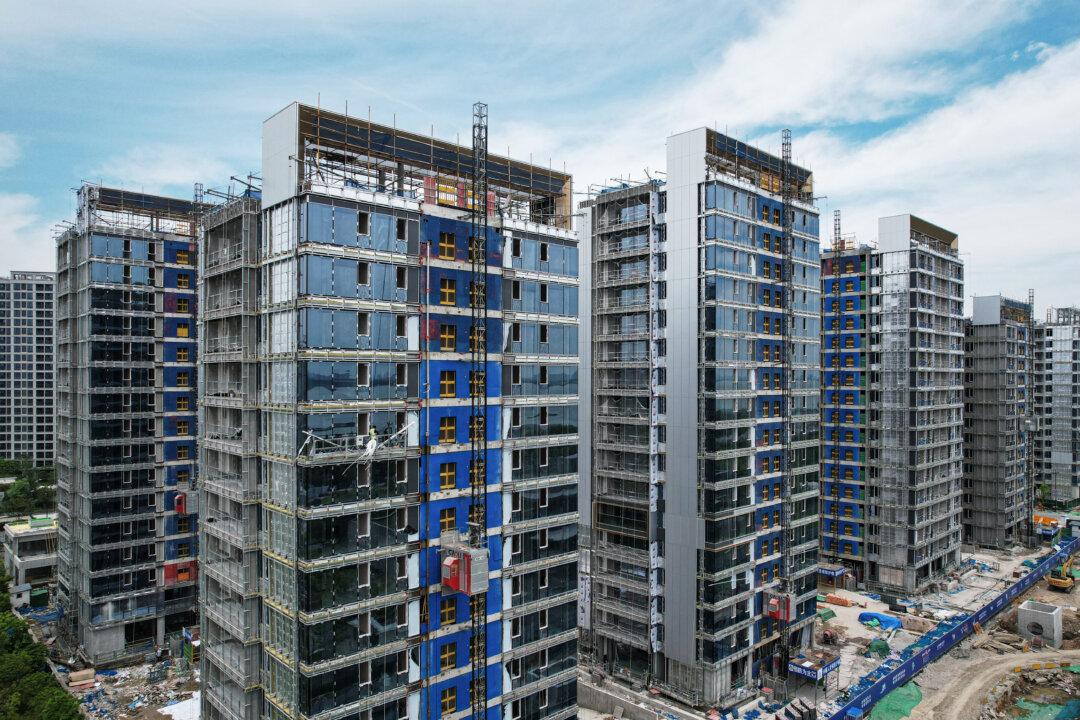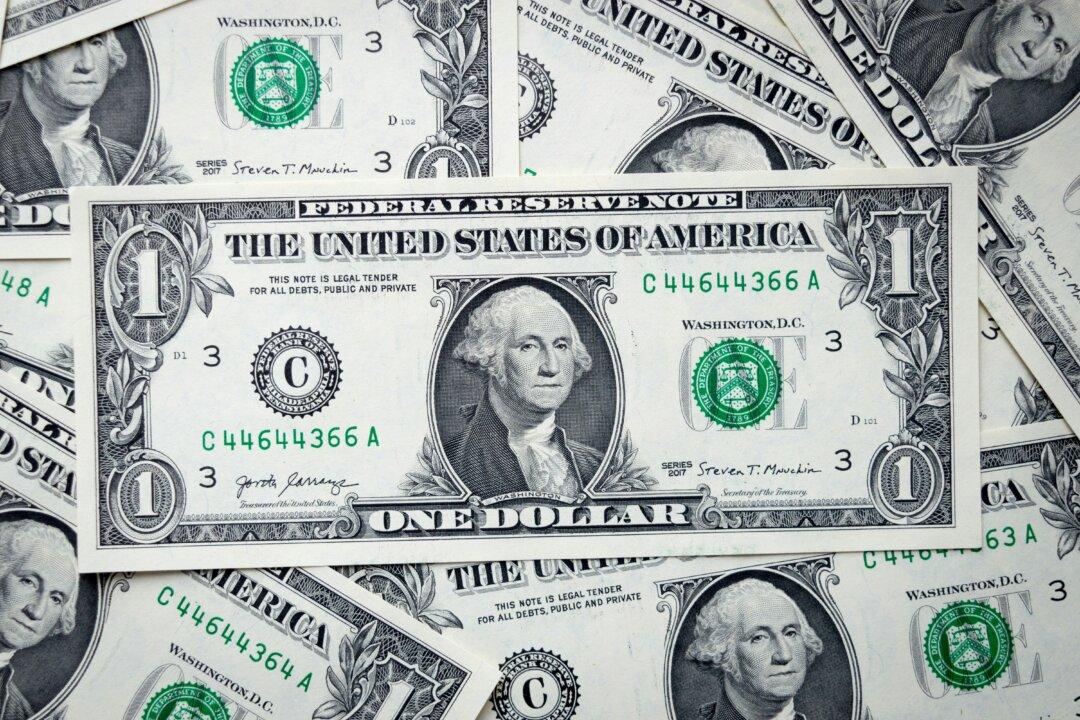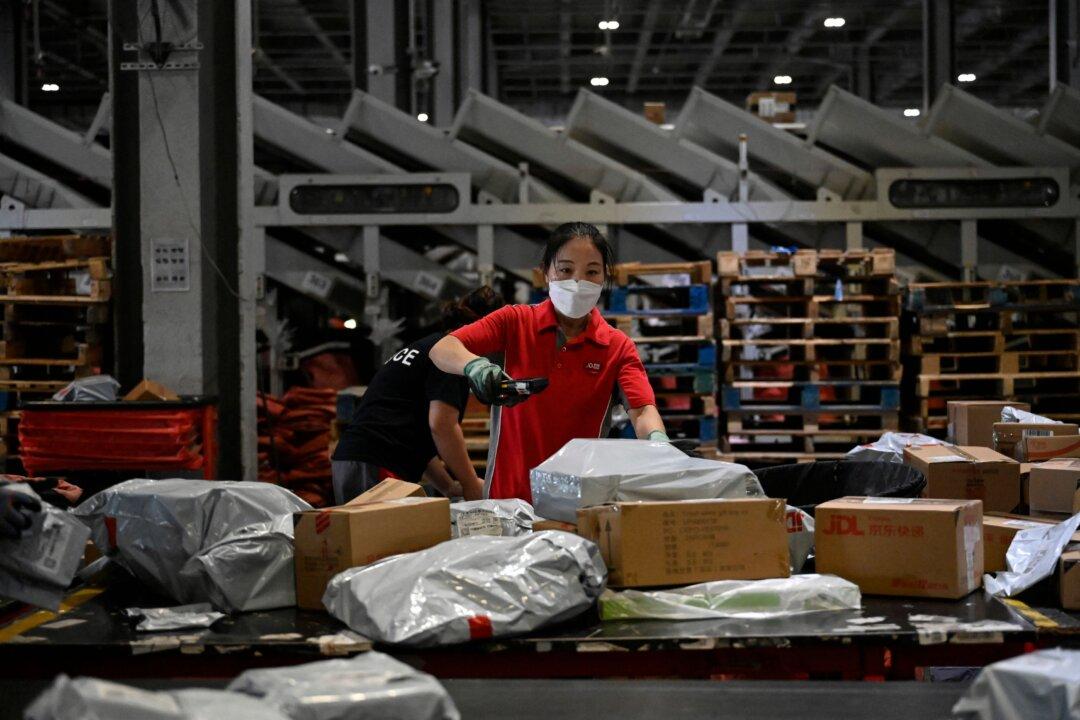News Analysis
The lingering China Evergrande Group crisis of more than two years may be reaching a tipping point, with the world’s most indebted property developer averting a potentially imminent liquidation with a last-minute adjournment of a court hearing to January 2024, allowing the company time to finalize a revamped debt restructuring proposal.





